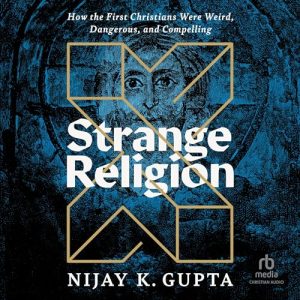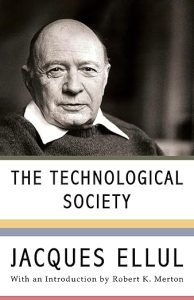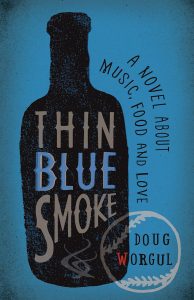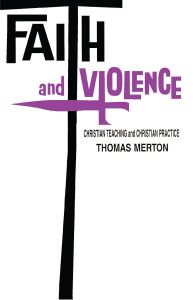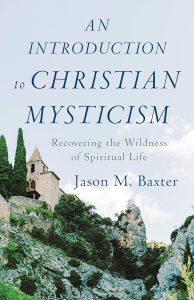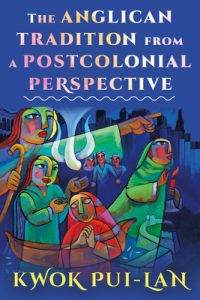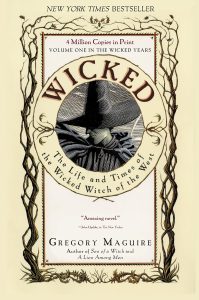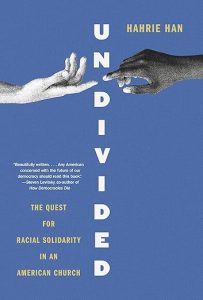 Summary: Introduction to Jesuit discenrment.
Summary: Introduction to Jesuit discenrment.
I picked up two audio courses by Joseph Tetlow on discenment during a recent audible sale. Tetlow is now 95 years old. He mentions in this audio course, that he was 79 when it was recorded, so this course it about 16 years old. (Audible release date is 2017, so that isn’t accurate.) I read one book on discerment and spiritual direction by Tetlow in my spiritual direction training and it was Tetlow’s edition of Ignatius’ Spiritual Exercises that was used in our program.
One of the useful parts of this course is that Tetlow distiguishes between conscious and discernment. He thinks we should work to develop a consious and that a conscious shaped by the Holy Spirit is part of discernment. But he also thinks that without reflection on our actions and our conscious, in conversation with the Holy Spirit, we are not doing discernment. For him, all three parts are required. I think that is helpful corrective to what I have been thinking of as two seperate parts.
In my conception of discernment up until this point, I have thought about the preconscious discernment that is shaped by becoming more Christlike. And then the conscious discerment which is ore shaped by a process of reflection and practices of decision making and prayer. When I starting paying attntion to the preconscious aspects, I was reacting against the movement that thought of discenrment simply as a set of decision making tools. I didn’t want to remove all aspects of decision making and seeking after God’s will from discerment, but I wanted reemphasize the ascpets of character that I think are essential to good discernment. I think post-Tetlow, I am going to be more balanced and I think his three parts is one good method of discussing that balance.
